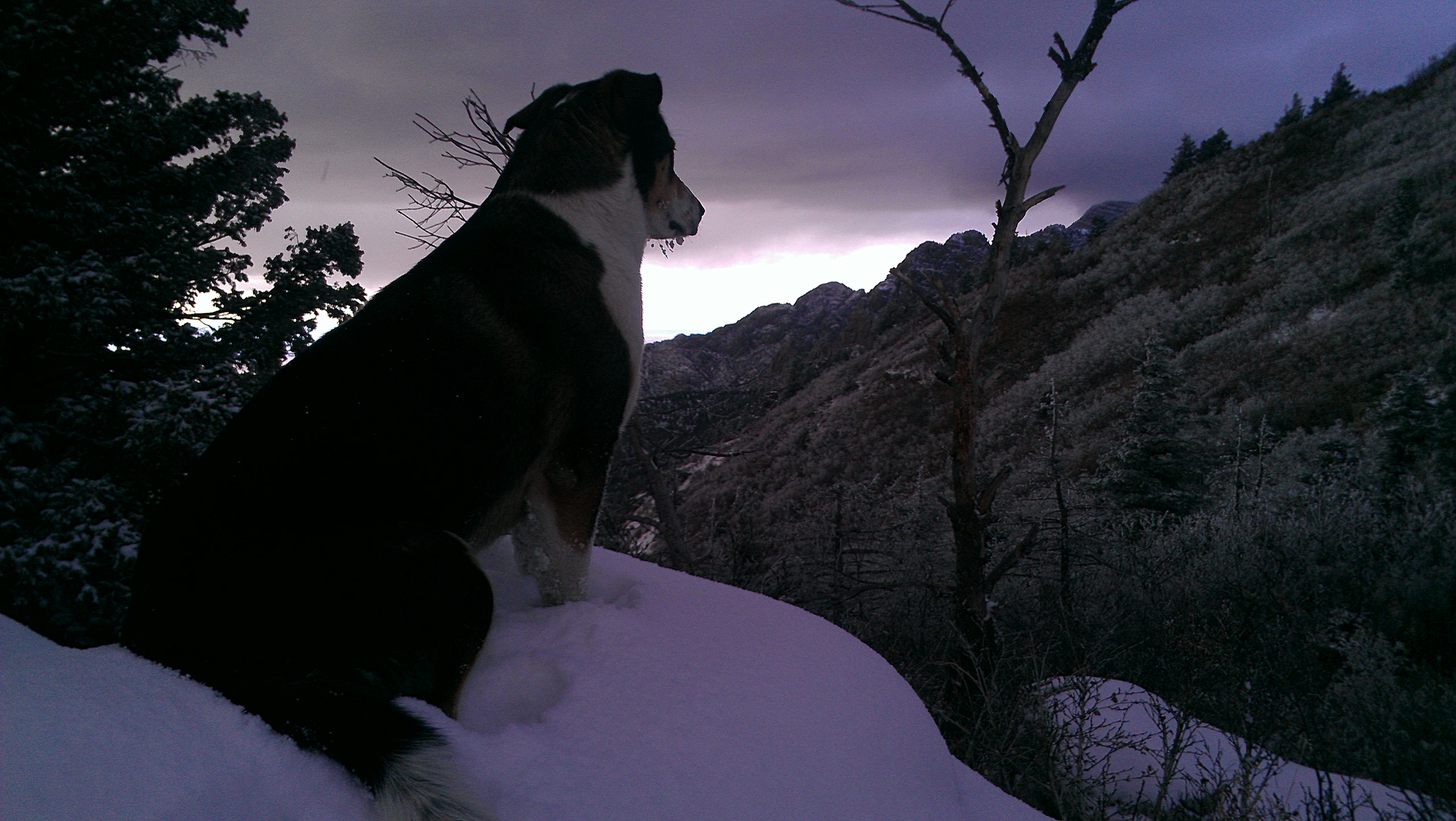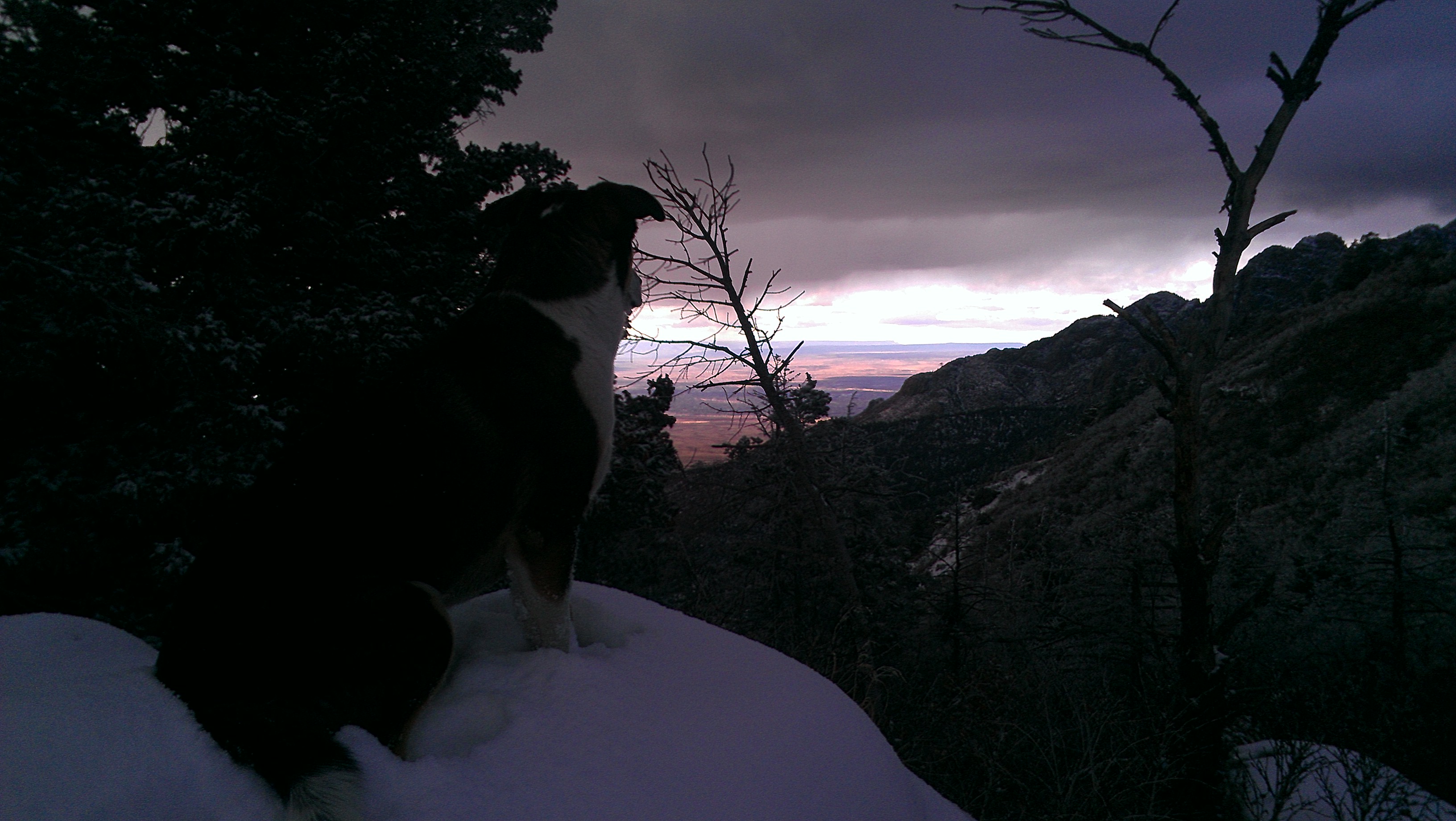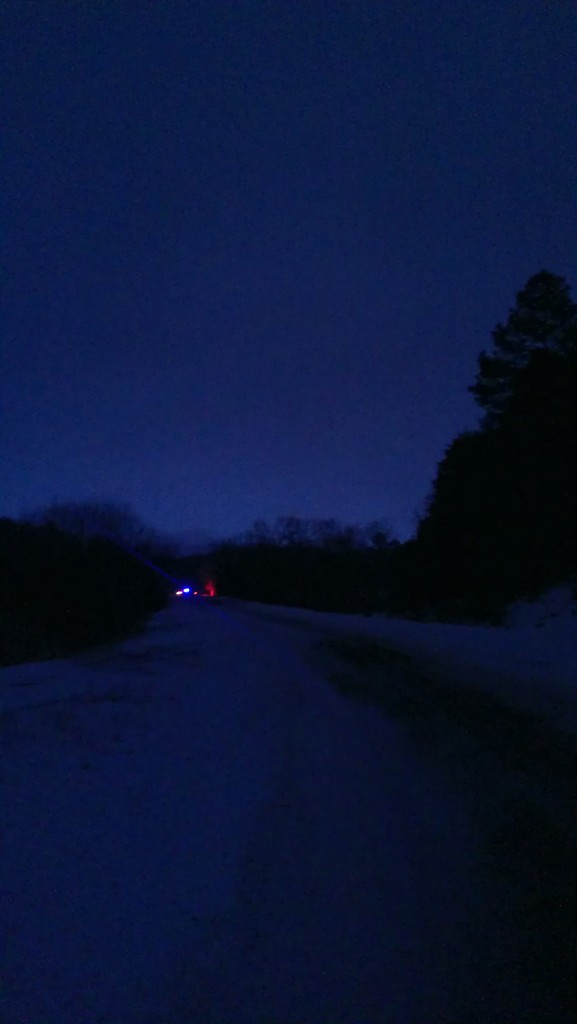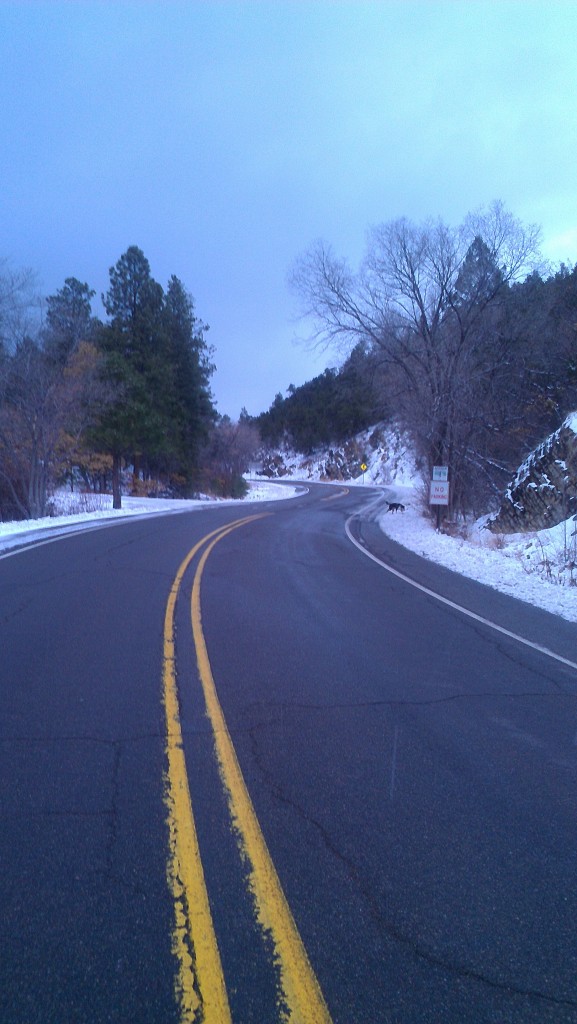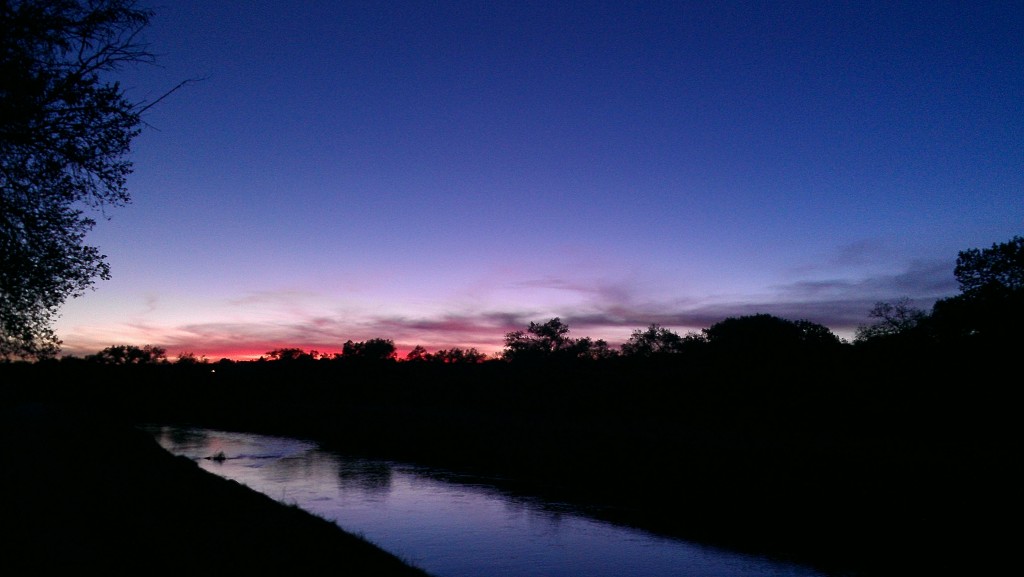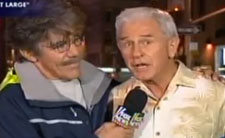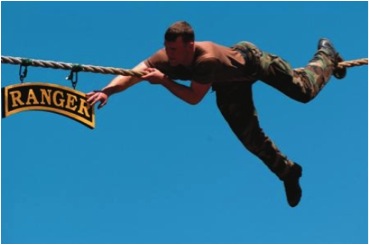i was only 21. i had no idea my whole life lay ahead of me.
Author Archives: Alex Limkin
prayer for a newborn
i went out into the backyard. the full moon was almost directly overhead. in my right hand i held some cornmeal along with the small dried up piece of my son’s umbilical cord. i looked up directly at the moon. the night was cold. i could feel the chill of winter seeping through my pajamas. i blew three times a river of steam at the moon. then i turned to the small hole i had dug in the yard. i cleaned out the leaves that had blown into the hole and passed the cornmeal and the bit of our son into the bottom of the hole. then i filled in the hole with loose soil and patted the ground. i stood back up and looked at the moon again. i said a prayer for escué. i said a prayer for peace. i turned to all the directions and addressed the firmament and breathed out prayer upon prayer into the cold night sky. then i went back inside.
high above the plain
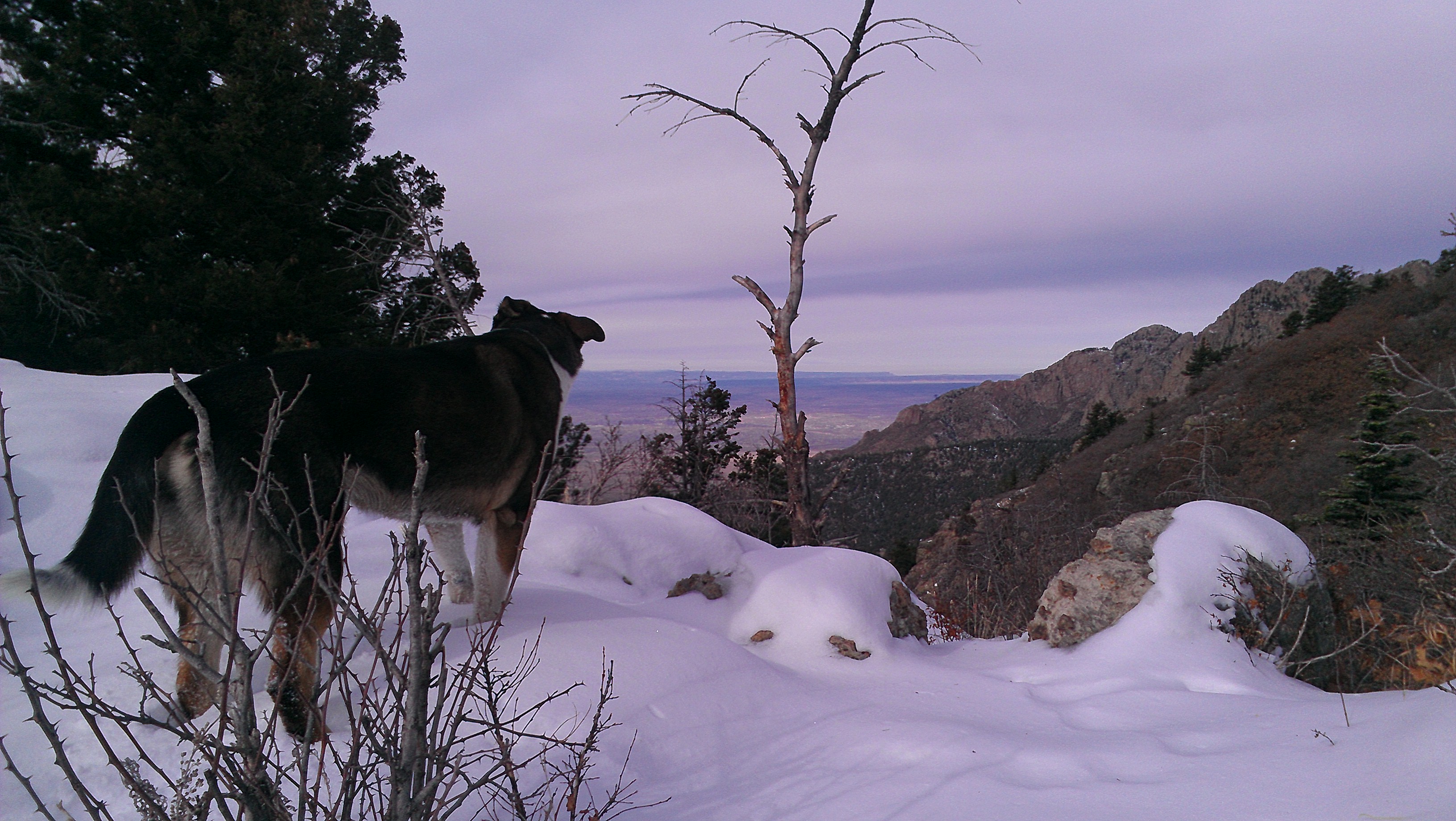 this time the road is not blocked. i am able to make it to the trailhead. i am relieved to see no other cars. it is important to be underprepared for the mountains, to lack adequate footwear, adequate clothes. with a foot of snow on the ground, i am underdressed. running shoes and long underwear. i am in the mountains because there is fight in the mountains. and peace. and prayer. the dark peace of a temporary ceasefire. a soldier’s peace. in the mountains i am embattled by the snow and cold and wind. amidst the rocky crags echoes the promise of combat, tumbling ricochets as fatal as anything aimed, the faint but unmistakeable tightenings of the joists and pulleys that hold a body together, that caution a body, that inform a body to pay attention in order to live. i feel at hand the exhilaration of desperate effort. now. i crash out onto the trail. the path at first is obvious but will grow more subtle as i climb. how far will i go. it doesn’t matter. all that matters is crashing forward, tumbling forward. already my lungs are starting to heave, my body to register the effort of upward movement. i am closing in on the mental terrain of my dreams, of thinking just split seconds ahead in time, not hours or days or months, which do not exist, but mere fractions of seconds, the next collision with the earth, and then the next, and the next, pursuing that moment when my weight suspends in space, my burden suspends in midair, and i am neither rising nor falling, just hanging above the snow. in that moment is the dark peace i am looking for. as i run and climb, the snow changes, everything transforms second to second. here the snow is a little deeper, here the thought occurs to do something about the snow spilling in, to stop, to reach down with your fingers, but you are unable to stop, unable to slow down. the trail is long, the snow is endless, you have just begun. no, there will be no stopping, not yet, in the next instant the snow changes from powder to breakable crust, you have to make adjustments because the trail is slippery, treacherous, several times you stumble, fall, bracing your collision with the snow with outstretched hands. with each tumble, you feel a momentary panic, the panic of lost equilibrium, lost balance. it is good, it is why you have come, the stutter step, the step in which the ground gives way beneath you, the snow giving way to roots giving way to loose boulders, this is the fight you can never dispel from your mind, that leads you now onto snowcovered trails in long underwear, hunting for a trail that fades in and out amidst the rock and trees and mountain. what matters now is efficient travel, moving swiftly without interruption, without injury, without catastrophe, both mindless and mindful. you run with your hands slightly open, not balled up against the cold, ready to absorb your fall, you glide your feet so you are floating and not moving too far up and away from the earth, because it is your ankles that need protecting. you are careful with your ankles, even as you negotiate boulders and stumps just below the surface of the snow, even as you slip and slide and crash and tumble, moving with a purpose, moving like something stricken, something in the hunt, something fleeing. at times the trail is obstructed by fallen trees you clamber over or crawl beneath, sometimes on your hands and knees, but never stopping. time and again it seems you have lost the trail as you ascend, lost the trail in the shadows of the woods, but then the slight contours of the track, despite the snow, reveal itself, and you continue. everything depends on your unceasing movement, your movement up the mountain. this is how you will will make it. two hours pass and you are still climbing. the snow deepens in the higher elevation. the trail fades out and then reestablishes itself. but you are no longer so concerned with the trail. the trail no longer matters, all that matters is going up as long as you can, despite the ricochets, despite the snow, despite the cold, despite the slipping and falling, racing now to get to the objective, the top of the mountain ridge. you can sense it nearing, the light is somehow different, there is more sky, the trees are further apart, you fixate on your movement, the suspending in time of your weight, of your burden, of your body, the sinking down into the snow and losing of your footing and sliding and grasping and heaving and gasping and pressing on and up towards the rim of the sky, towards the place where you may catch your breath and rest high above the plain.
this time the road is not blocked. i am able to make it to the trailhead. i am relieved to see no other cars. it is important to be underprepared for the mountains, to lack adequate footwear, adequate clothes. with a foot of snow on the ground, i am underdressed. running shoes and long underwear. i am in the mountains because there is fight in the mountains. and peace. and prayer. the dark peace of a temporary ceasefire. a soldier’s peace. in the mountains i am embattled by the snow and cold and wind. amidst the rocky crags echoes the promise of combat, tumbling ricochets as fatal as anything aimed, the faint but unmistakeable tightenings of the joists and pulleys that hold a body together, that caution a body, that inform a body to pay attention in order to live. i feel at hand the exhilaration of desperate effort. now. i crash out onto the trail. the path at first is obvious but will grow more subtle as i climb. how far will i go. it doesn’t matter. all that matters is crashing forward, tumbling forward. already my lungs are starting to heave, my body to register the effort of upward movement. i am closing in on the mental terrain of my dreams, of thinking just split seconds ahead in time, not hours or days or months, which do not exist, but mere fractions of seconds, the next collision with the earth, and then the next, and the next, pursuing that moment when my weight suspends in space, my burden suspends in midair, and i am neither rising nor falling, just hanging above the snow. in that moment is the dark peace i am looking for. as i run and climb, the snow changes, everything transforms second to second. here the snow is a little deeper, here the thought occurs to do something about the snow spilling in, to stop, to reach down with your fingers, but you are unable to stop, unable to slow down. the trail is long, the snow is endless, you have just begun. no, there will be no stopping, not yet, in the next instant the snow changes from powder to breakable crust, you have to make adjustments because the trail is slippery, treacherous, several times you stumble, fall, bracing your collision with the snow with outstretched hands. with each tumble, you feel a momentary panic, the panic of lost equilibrium, lost balance. it is good, it is why you have come, the stutter step, the step in which the ground gives way beneath you, the snow giving way to roots giving way to loose boulders, this is the fight you can never dispel from your mind, that leads you now onto snowcovered trails in long underwear, hunting for a trail that fades in and out amidst the rock and trees and mountain. what matters now is efficient travel, moving swiftly without interruption, without injury, without catastrophe, both mindless and mindful. you run with your hands slightly open, not balled up against the cold, ready to absorb your fall, you glide your feet so you are floating and not moving too far up and away from the earth, because it is your ankles that need protecting. you are careful with your ankles, even as you negotiate boulders and stumps just below the surface of the snow, even as you slip and slide and crash and tumble, moving with a purpose, moving like something stricken, something in the hunt, something fleeing. at times the trail is obstructed by fallen trees you clamber over or crawl beneath, sometimes on your hands and knees, but never stopping. time and again it seems you have lost the trail as you ascend, lost the trail in the shadows of the woods, but then the slight contours of the track, despite the snow, reveal itself, and you continue. everything depends on your unceasing movement, your movement up the mountain. this is how you will will make it. two hours pass and you are still climbing. the snow deepens in the higher elevation. the trail fades out and then reestablishes itself. but you are no longer so concerned with the trail. the trail no longer matters, all that matters is going up as long as you can, despite the ricochets, despite the snow, despite the cold, despite the slipping and falling, racing now to get to the objective, the top of the mountain ridge. you can sense it nearing, the light is somehow different, there is more sky, the trees are further apart, you fixate on your movement, the suspending in time of your weight, of your burden, of your body, the sinking down into the snow and losing of your footing and sliding and grasping and heaving and gasping and pressing on and up towards the rim of the sky, towards the place where you may catch your breath and rest high above the plain. 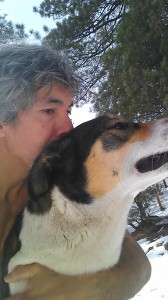
two hell days for army ranger, seal pup
Mayor Berry vs. The Bosque: Development puts the river at risk
Reprinted from The Alibi
A great advocate for New Mexico lands and wildlife, Aldo Leopold, is fittingly honored with a trail that winds behind the Rio Grande Nature Center. This mile-long loop takes visitors through lands he knew intimately.
Following the trail lined with cottonwoods, visitors can enjoy quotes from Leopold’s writings posted every few hundred yards. These phrases, dating back a century, deal with the importance of our land base and reflect the thoughts of a man who worked to establish public land projects such as the Rio Grande Valley State Park, Albuquerque’s zoo and the Gila Wilderness.
The trail honoring Leopold was dedicated by the city in February 2009. Less than four years later, his work is at risk. Without any supporting data, Mayor Richard Berry has determined that the river corridor and the Bosque are “underutilized,” according to a representative at a recent public meeting. Albuquerque’s top dogs believe the Bosque, an “environmental gem,” can and should be better integrated into the fabric of the city. They intend to accomplish this by tearing down natural habitats and laying out roads, parking lots and infrastructure.
I attended the town hall meeting at the Rio Grande Nature Center on Tuesday, Dec. 4, to register my opposition. Berry was not present, but members of his development committee were on hand to answer questions. They said the purpose of the meeting was to find out what the community thinks about building in the Bosque.
Although they were not prepared to take comments, I spoke up from a page of prepared remarks because the Bosque cannot speak for itself. The mayor is an accomplished entrepreneur, and that’s why I’m worried: Businessmen may be skilled in enterprise, but they are not good at understanding the fragility of a desert river ecosystem or respecting the deep connections Albuquerqueans feel to wild land.
During my remarks, I wondered aloud if the mayor and the members of his development committee bothered to walk the short length of the Aldo Leopold Forest Trail to read the quotes memorialized there. One near the riverbank where the Rio Grande flows beneath Montaño would have jumped out at them:
“The average Albuquerquean man, woman, or child, is in need of a place within walking distance of the city where he can enjoy a breath of fresh air and a sight of a few trees, a few birds, and a little water … Just a good trail along the bank and clean woods.” This comment was made nearly 100 years ago when the Bosque was far wilder than it is today.
Berry’s development team believes we don’t use the river corridor sufficiently. This stems from misunderstanding. When the mayor and his team visit the Bosque, they see a tract of trees and a stretch of river and think, “What can we build here that will attract visitors to this spot?” They don’t understand that people are already coming precisely for what exists there—trees, birds, fresh air, a little water and a “good trail along the bank and clean woods.” That is the attraction: nature.
A great part of my recovery from the wounds of war was communing with that sliver of land known as the Bosque, observing the river. The quiet, protected space, a haven where I could walk for miles, connected me to life beyond myself and aided in my recovery. There’s little doubt that the natural world offers healing to anyone who has experienced intense duress in their life.
Unlike other wilderness areas, it’s easy for me to reach the Bosque from anywhere in the city. I can go by foot, bicycle, bus or car, and trailheads and parking are obvious and adequate. Young and old alike can walk the distance required to reach the river. I regularly make the trip with my 86-year-old father, my 3-year-old nephew and my pregnant wife. Miles of trail exist in the Bosque, offering splendid views of the river, and a myriad of plant and animal life along its edges.
At the town hall meeting, the project organizers maintained that development of the Bosque will encourage better stewardship. I disagree. Education and exposure—not development—are the keys to promoting stewardship. Programs offered at the Rio Grande Nature Center and by the Bosque Ecosystem Monitoring Program reach thousands of children a year. If we promoted environmental and outdoor education in school curricula, we could reach thousands more.
It is time to return to Leopold’s ethic and re-dedicate ourselves to the preservation and health of the Bosque. The mayor’s plan to incorporate our wild area into a concrete maze of traffic lights and gridlock, if allowed, would be a great disservice to the environmental gem that is our river wonderland, and one of Albuquerque’s greatest features.
Let the Bosque be.
Show your support and access Bosque updates on Facebook at Rio Grande Bosque
Unsolicited Contribution to Town Hall Meeting, Rio Grande Nature Center, Albuquerque
The town hall meeting put on by the mayor’s office was not citizen-friendly. The development committee was not interested in hearing our opinions. I went to the front of the room and read my written statement out loud anyway, uninvited and unsolicited, because the bosque is dear to my heart, and we can not afford to be silent on issues of importance.
“My name is Alex Limkin. I am an Army veteran and I contribute a column with the Alibi. I am here tonight to register my concern about the mayor’s plan to develop the bosque.
We live in one of the most beautiful and wild states in the country. Although Alaska is reported to have the most veterans per capita of any state, New Mexico is not far behind. Many veterans seek out wild places both to live and to recreate. Wild places are restorative to the human spirit. They provide us a glimpse back to the origins of our existence. They help us reconnect with our essential spirit and the spirit of the land. They are a haven and refuge from the demanding pace of modern life.
Here in the middle of our city, we have a wonderful wilderness. I know our bosque is intensely managed by several federal and state agencies, and is not truly wild, but there remains a wildness about it. The coyotes and hawks and lizards and snakes and egrets see to that. I come to this wilderness as often as I can. I am grateful that it exists. I am grateful that cars are not allowed in the bosque, and there are no roads and buildings. From my house downtown, I can drive or walk or even take the bus to the bosque, and be there in just minutes. Access is easy and convenient. All along Tingley Drive there is ample parking and plenty of trailheads for pedestrians and cyclists.
Just a few steps into the bosque and I am overcome by a sense of peace, standing beneath cottonwoods amidst the rustling leaves and sounds of nature.
Here there are no cars, no parking lots, no phones, no roads, no buildings, no restaurants, no movie theaters. To me, this is something beautiful. This is something sacred. In place of concrete and pavement there is the natural world: unblemished, untouched, free. It is a place where I can breathe.
The thought of roads and parking lots and cars passing into this space fills me with dismay, because I know that once these things are put in place, you can never reinstate the wildness that went before. Trees must be felled, animals must be driven away, and the bosque must succumb to the busy pulse of the city’s heartbeat–and forego its own.
When I first heard about plans to develop the bosque, I didn’t know what to do. So I started a public facebook page called Rio Grande Bosque. It is a forum where fellow citizens can demonstrate their support for preserving our wild bosque. I hope that in the days and weeks to come, the mayor’s office will consider what is best for the bosque and for our people, and not just think of turning the bosque into a “waterfront” attraction, sacrificing long term health for short term monetary profit. If you would only walk the short Aldo Leopold trail just behind the Nature Center, and read the quotes that line the footpath, you will come a long way in this direction. Thank you.”
“The average Albuquerquean man, woman, or child, is in need of a place within walking distance of the city where he can enjoy a breath of fresh air and a sight of a few trees, a few birds, and a little water … Just a good trail along the bank and clean woods.” Aldo Leopold (1887-1948)
I took this picture at the pedestrian entrance to the Rio Grande Nature Center at 5:20PM. Despite the public town hall meeting scheduled for 5:30PM, the gate was locked. So I went around to where the cars drive in, blinking against the headlights.
How Careerist Political Generals (CPGs) Petraeus and Fil Failed Colonel Westhusing
REPRINTED FROM THE NATION
General Petraeus’s Link to a Troubling Suicide in Iraq: The Ted Westhusing Story
The scourge of suicides among American troops and reservists in Iraq and Afghanistan remains a serious and seriously underreported problem. Last month they hit a new high in the US Army, despite intensive new efforts to prevent them. One of the few high-profile cases emerged six years ago this month, and it involves a much-admired Army colonel and ethicist named Ted Westhusing—who, in his suicide note, pointed a finger at a then little-known US general named David Petraeus.
Westhusing’s widow, asked by a friend what killed this West Point scholar, replied simply: “Iraq.”
 Before putting a bullet through his head, Westhusing had been deeply disturbed by abuses carried out by American contractors in Iraq, including allegations that they had witnessed or even participated in the murder of Iraqis. His suicide note included claims that his two commanders, Lt. Gen. Petraeus and Maj. Gen. Josephy Fil, tolerated a mission based on “corruption, human rights abuses and liars. I am sullied—no more. I didn’t volunteer to support corrupt, money grubbing contractors, nor work for commanders only interested in themselves.” One of those commanders: the future leader of American forces in Iraq, and then Afghanistan, Gen. David Petraeus.
Before putting a bullet through his head, Westhusing had been deeply disturbed by abuses carried out by American contractors in Iraq, including allegations that they had witnessed or even participated in the murder of Iraqis. His suicide note included claims that his two commanders, Lt. Gen. Petraeus and Maj. Gen. Josephy Fil, tolerated a mission based on “corruption, human rights abuses and liars. I am sullied—no more. I didn’t volunteer to support corrupt, money grubbing contractors, nor work for commanders only interested in themselves.” One of those commanders: the future leader of American forces in Iraq, and then Afghanistan, Gen. David Petraeus.
Westhusing, 44, had been found dead in a trailer at a military base near the Baghdad airport in June 2005, a single gunshot wound to the head. At the time, he was the highest-ranking officer to die in Iraq. The Army concluded that he committed suicide with his service pistol and found his charges against the commanders unfounded. Petraeus and Fil would later attend Westhusing’s memorial service back in the United States.
In a new interview, Westhusing’s widow Michelle (who lives just up the river from me near West Point) says she wished they had not attended. “I feel like they let him down,” she says. “I feel as if no one was watching out for Ted’s welfare. He was trying to tell them something, and they ignored him. I can only imagine how that felt to him…. Ted very much believed in honor and doing the right thing. I think he was told not to worry about things, to sweep them under the carpet and go home. But Ted couldn’t do that. He wasn’t just a professor of ethics, he didn’t just teach it, he believed it with all his heart.””
Her husband was an unusual case: “one of the Army’s leading scholars of military ethics, a full professor at West Point who volunteered to serve in Iraq to be able to better teach his students. He had a doctorate in philosophy; his dissertation was an extended meditation on the meaning of honor,” Christian Miller explained in a major Los Angeles Times piece.
“In e-mails to his family,” Miller wrote, “Westhusing seemed especially upset by one conclusion he had reached: that traditional military values such as duty, honor and country had been replaced by profit motives in Iraq, where the US had come to rely heavily on contractors for jobs once done by the military.” His death followed quickly. “He was sick of money-grubbing contractors,” one official recounted. Westhusing said that “he had not come over to Iraq for this.”
After a three-month inquiry, investigators declared Westhusing’s death a suicide, although some Web writers would charge murder, without a good deal of evidence.
In 2007, The Texas Observer published a cover story by contributor Robert Bryce titled “I Am Sullied No More.” Bryce covered much of the same ground paved by Miller but added details on the Petraeus angle and allegations of murder.
“When he was in Iraq, Westhusing worked for one of the most famous generals in the U.S. military, David Petraeus,” Bryce observed. “As the head of counterterrorism and special operations under Petraeus, Westhusing oversaw the single most important task facing the U.S. military in Iraq then and now: training the Iraqi security forces.”
Bryce referred to a “two-inch stack of documents, obtained over the past 15 months under the Freedom of Information Act, that provides many details of Westhusing’s suicide…. The documents echo the story told by Westhusing’s friends. ‘Something he saw [in Iraq] drove him to this,’ one Army officer who was close to Westhusing said in an interview. ‘The sum of what he saw going on drove him’ to take his own life. ‘It’s because he believed in duty, honor, country that he’s dead.’ ”
In Iraq, Westhusing worked under two generals: Maj. Gen. Joseph Fil, and Petraeus, then a lieutenant general. But Bryce continued: “By late May, Westhusing was becoming despondent over what he was seeing.” When his body was found, a note was found nearby addressed to Petraeus and Fil. It read:
“Thanks for telling me it was a good day until I briefed you. [Redacted name]—You are only interested in your career and provide no support to your staff—no msn [mission] support and you don’t care. I cannot support a msn that leads to corruption, human right abuses and liars. I am sullied—no more. I didn’t volunteer to support corrupt, money grubbing contractors, nor work for commanders only interested in themselves. I came to serve honorably and feel dishonored. I trust no Iraqi. I cannot live this way. All my love to my family, my wife and my precious children. I love you and trust you only. Death before being dishonored any more.
“Trust is essential—I don’t know who trust anymore. Why serve when you cannot accomplish the mission, when you no longer believe in the cause, when your every effort and breath to succeed meets with lies, lack of support, and selfishness? No more. Reevaluate yourselves, cdrs [commanders]. You are not what you think you are and I know it.”
Twelve days after Westhusing’s body was found, Army investigators talked with his widow, who told them: “I think Ted gave his life to let everyone know what was going on. They need to get to the bottom of it, and hope all these bad things get cleaned up.”
 Bryce concluded: “In September 2005, the Army’s inspector general concluded an investigation into allegations raised in the anonymous letter to Westhusing shortly before his death. It found no basis for any of the issues raised. Although the report is redacted in places, it is clear that the investigation was aimed at determining whether Fil or Petraeus had ignored the corruption and human rights abuses allegedly occurring within the training program for Iraqi security personnel.”
Bryce concluded: “In September 2005, the Army’s inspector general concluded an investigation into allegations raised in the anonymous letter to Westhusing shortly before his death. It found no basis for any of the issues raised. Although the report is redacted in places, it is clear that the investigation was aimed at determining whether Fil or Petraeus had ignored the corruption and human rights abuses allegedly occurring within the training program for Iraqi security personnel.”
Since then, the corruption and failed training angles have drawn wide attention although the Petraeus’s role, good or bad, has not.
The writer returned to the case one more time in February 2008 with another Texas Observer article. It opened: “Since last March, when I wrote a story about the apparent suicide of Col. Ted Westhusing in Iraq, I had believed there was nothing else to write about his tragic death.
“But in December, I talked to a source in the Department of Defense who met Westhusing in Iraq about three months before his death. The source, who asked not to be identified for fear of reprisals, was investigating claims of wrongdoing against military contractors working in Iraq. After a short introduction, I asked him what he thought had happened to Westhusing. ‘I think he was killed. I honestly do. I think he was murdered,’ the source told me. ‘Maybe DOD didn’t have enough evidence to call it murder, so they called it suicide.’ ”
I have since gone through hundreds of pages of the FOIA documents, including transcripts of interviews with Westhusing’s widow, friends, colleagues. The Q&A with Westhusing widow is haunting. She claimed that her husband would never commit suicide, and she thought it more possible that “someone would kill him.” While he never mentioned being afraid for his life, she said, “In Ted’s voice, there was a fear. He did not like the night time and being alone in that trailer.”
She reported that her husband had expressed to her the sentiments in his suicide note pretty much verbatim, and was especially appalled by “the treatment of the insurgents.” She concluded that he had “lost faith in his commanders. He was a moral and ethical person.”
In the documents I didn’t find anything others missed about Petraeus or possible murder (which I contnue to find unlikely). So the case remains a buried footnote to Petraeus’s storied, and supremely influential, career.
Greg Mitchell first wrote about Westhusing in his book So Wrong for So Long: How the Press, the Pundits and the President Failed on Iraq. His current books and e-books are The Age of WikiLeaks and Bradley Manning.
In Defense of President Obama (Of whom I am critical)
I am not a likely person to come to the defense of our president, since I disagree with so many of his policies (indefinite detention, drone warfare, environmental degradation, etc.), but the latest attacks he has been subject to with regard to the Benghazi uprising have been truly outrageous.
Most recently, Charles Woods, the father of one of the American mercenaries killed in the same wave of violence that killed Ambassador Stevens, fanned the flames by complaining about President Obama’s condolences to him over the death of his son and that his handshake was like “shaking hands with dead fish.” Of Secretary of State Clinton’s condolences: “She did not seem sincere at all.”
This is clear and certifiable hooey. Even if Obama shakes hands like a dead fish, which I doubt given that he shakes the hands of a lot of people and this is the first “dead fish” claim I’ve come across, this is the kind of thing you don’t complain about. If Obama farted in your presence, is that what you would take away from your meeting with him, to then reveal in a televised interview with Glen Beck? “Well, I didn’t like the way he passed gas when he shook my hand. It was kind of disrespectful.”
No, it’s disrespectful to draw attention to presidential gas.
Moreover, the President is a busy man and is not obligated to shake the hands of every parent of every American private contractor/mercenary killed overseas. He accorded you this honor (as did Vice President Biden, as did Secretary of State Clinton) in part because of your son’s prior military service as a Navy SEAL. Accept the courtesy and move along smartly.
We don’t bury mercenaries in Arlington National Cemetery for a reason. The language in the Geneva Convention frowns on mercenaries and does not accord them full rights on the battlefield or grant them POW status if captured. When your son turned in his Navy trident to get a bigger paycheck working for a private security company, he was well aware of the risks. During the last years of the Iraq War, more private contractors were being killed than military service members. So the risks were and are known. The use of private security contractors on the battlefield has had far ranging consequences.
On June 5, 2005, an Army Ranger Colonel and former West Point Honor Captain shot himself over the corruption and human rights abuses that attend these shadow organizations that operate extrajudicially and are not subject to military laws. He was the highest ranking officer to die in the Iraq War. That colonel was my commander.
I think you diminish any memory left of your son by clucking and clamoring about how the government failed him. Your son lived and died on his terms. He trusted in his weapons and his training and he went down fighting numerically superior forces. The government is not accountable to you because your son didn’t work for the government. He worked for a private company that likely doesn’t return phone calls. And because you can’t vent with the CEO responsible for putting your son in Benghazi, you go on about how it’s the government to blame. “It’s Obama responsible. Obama did it.” No, sir, he’s not. And he didn’t. I’m here to tell you that’s bullshit.
Here is what you should be getting upset about.
What you should be getting upset about, as should all Americans, is the trend over the last decade to create private companies of mercenaries recruited from elite units from this country and others (SEALs, SF, Rangers, SAS, South Africans, Australians, etc, etc, etc) to do the dirty work of our government. This is work that goes widely undetected, unreported, and is not accountable for in the democratic process.
In 1990, when I enlisted in the Army as a 97E Chinese Interrogator, the ratio of soldiers to private contractors was about 50 to 1. With the Iraq War, when I served as a captain with the 98th Division, it had lowered to about 10 to 1. And it continues to lower as these private outfits grow like mushrooms in the dark, doing everything from washing our laundry to driving our trucks to getting shot defending our embattled embassies. (All the boots on the ground providing security in Iraq are now private contractors, reportedly 5,000 in number.)
To get back to the handshake. If the president seemed ill at ease with you, it is likely because the deaths in Benghazi draw attention to the uncomfortable issue of private contractor/mercenaries serving across the global battlefield. This is a topic no one in the administration or the Pentagon wants to address.
I’ve ranted long enough so let me close with this. If you want to criticize the president, do it so for something substantive, like undermining the democratic values of accountability by using unregulated hired guns not subject to UCMJ or international law or only law at all, or for waging robot warfare, or for absenting himself from his first debate.
Not for a weak handshake.
For the Students
The night I return from Shiprock
I dream I am an Iraqi prisoner.
Restrained face down in cuffs
I feel an alcohol swab
against the back of my neck.
A minor procedure is coming.
An injection?
Something worse?
When I told you I did
some bad things
in the name of my country,
I hope you were listening.
When I told you that some of us
never make it back,
I hope you were listening.
When I told you to love one another
and love the Earth
and love your families
and honor your heart,
I hope you were listening.
Because many of us who have these dreams
do not speak of them
the way I am speaking to you.
Many of us guard our dreams
so we not be judged or pitied
for the wells of darkness
into which we clambered
in the name of freedom.
Girl Rangers!
It has been reported that Ranger School will soon be admitting the first women of their kind. As a graduate of Ranger School (9-98), and a product of a testosterone-driven military ethos disdainful of weakness, this is something I should be scowling at.
But I’m not.
I believe we need more women on the battlefield.
Because of their tits and ass, they remind us of women.
They remind us of our girlfriends.
They remind us of our wives.
They remind us of our sisters.
They remind us of our daughters.
They remind us of our mothers.
They remind us of our humanity.
And the women that become Rangers will inherit the scowling confidence of Ranger men.
And the Ranger women that become Ranger generals will protect and defend their troops like warrior mothers.
We need more women Ranger leaders who will have the scowling confidence to speak up and be heard.
Who will denigrate cruelty.
Who will denigrate slaughter.
Who will denigrate genocide.
Who will denigrate torture.
Who will denigrate greed.
Who will denigrate corruption.
Who will denigrate wars for profit.
Who will denigrate the wasting of life.
Who will tend to their scars like infants.
Who will show us their missing tits without flinching.
Who will remind us of what it means to be human.
May the mountain gods protect you in the dark hills that are coming, Rangers.
We need your strength now more than ever.

